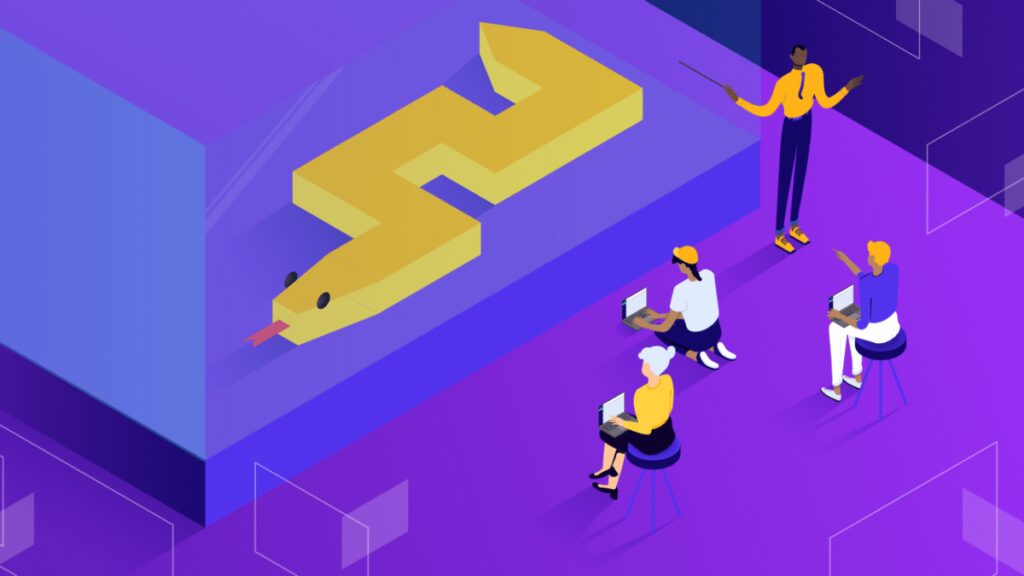Coding, also known as programming, is the process of creating instructions for a computer. It is an essential skill in today’s digital age, offering a wide range of opportunities in software development, web design, and technology understanding. A comprehensive tutorial for beginners includes understanding fundamental concepts, choosing a programming language (such as Python), learning syntax, understanding basic programming concepts, and practicing problem-solving skills through coding challenges and projects. There are many resources available for learning to code, including online courses, tutorials, and books, as well as communities and forums for support. By gaining these skills and confidence, beginners can unlock a world of possibilities in the digital realm.
Learning the Basics of Coding: A Comprehensive Tutorial for Beginners
Introduction
Coding, also known as programming, is the process of creating instructions for a computer to follow. It is an essential skill in today’s digital age, as it powers everything from websites and mobile apps to software and hardware.
Why Learn to Code?
Learning to code opens up a world of opportunities. Whether you want to become a software developer, create your own website, or simply understand how technology works, coding is a valuable skill to have. Additionally, coding is in high demand, with many well-paying job opportunities available for those with coding skills.
Getting Started
Before diving into the technical aspects of coding, it’s important to understand the fundamental concepts. This includes understanding the basic principles of programming, such as variables, data types, and control structures. Additionally, it’s helpful to familiarize yourself with the different programming languages and their uses.
Choosing a Programming Language
There are countless programming languages to choose from, each with its own strengths and uses. Some popular languages include Python, JavaScript, Java, and C++. The language you choose to start with will depend on your goals and interests, but many beginners find Python to be a great language to begin with due to its simplicity and readability.
Understanding Syntax
Every programming language has its own set of rules and conventions, known as syntax. Understanding how to write code with proper syntax is crucial for creating functional programs. This includes using proper punctuation, spacing, and formatting.
Basic Programming Concepts
Once you have chosen a programming language and familiarized yourself with its syntax, it’s time to learn some foundational programming concepts. This includes understanding variables, data types, operators, control structures (such as if statements and loops), and functions. These concepts form the building blocks of all programming languages and are essential to writing code.
Practicing Problem-Solving
Coding is all about solving problems, so it’s important to practice your problem-solving skills. This can be done through coding challenges, exercises, and small projects. Websites such as Codecademy, LeetCode, and HackerRank offer a variety of resources for practicing problem-solving and coding skills.
Resources for Learning
There are many resources available for learning how to code, including online courses, tutorials, and books. Some popular resources for beginners include freeCodeCamp, Coursera, and Udemy. Additionally, many communities and forums exist for connecting with other beginners and experienced programmers for support and advice.
Conclusion
Learning to code can be a challenging but rewarding experience. By understanding the basics of programming, choosing a programming language, and practicing problem-solving, beginners can gain the skills and confidence needed to develop their programming abilities. With dedication and perseverance, anyone can learn to code and unlock a world of possibilities in the digital realm.
